What is Hexahydrocannabinol & What Does HHC Do
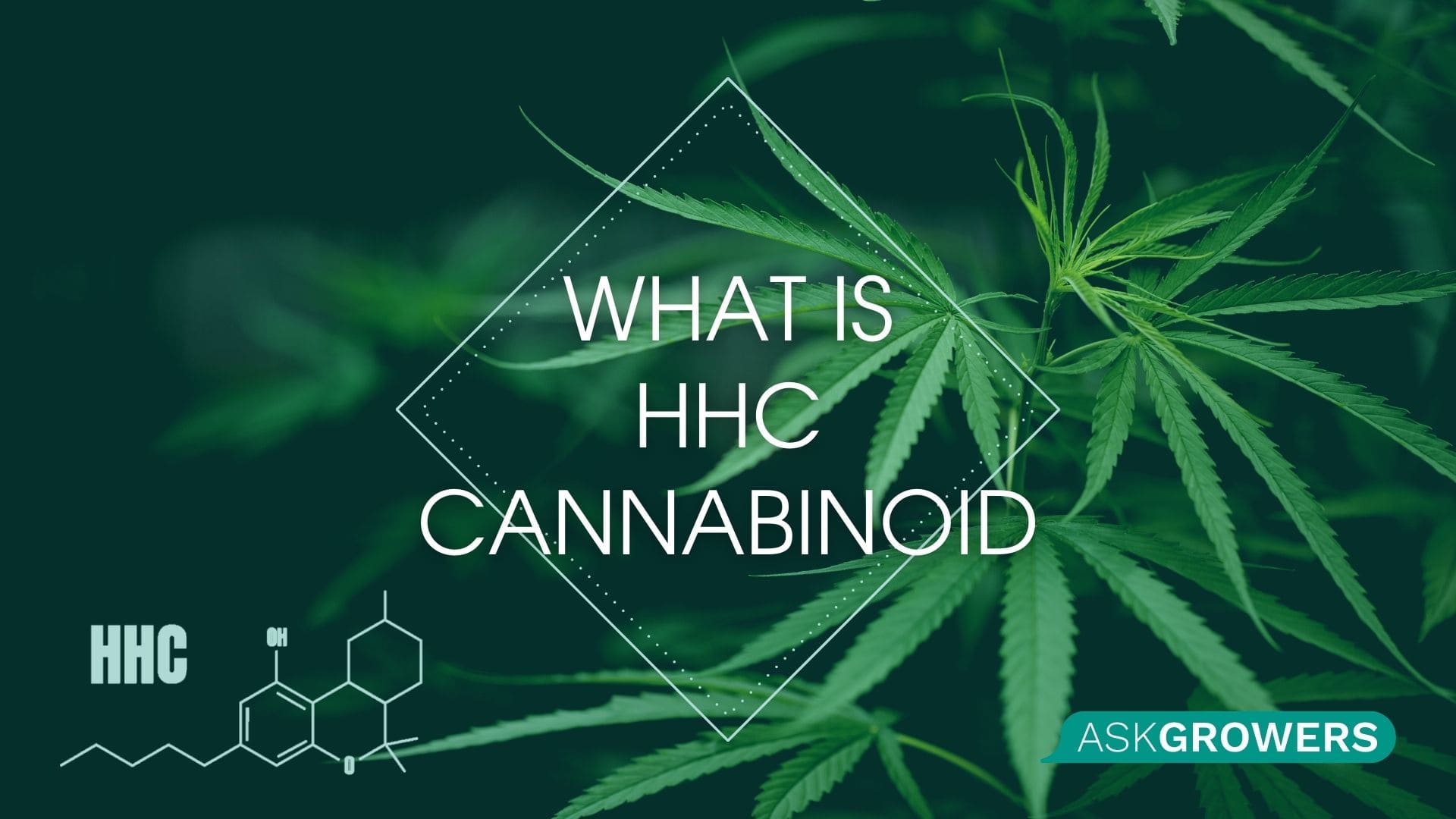
What is Hexahydrocannabinol & What Does HHC Do
Hexahydrocannabinol (HHC) is a phytocannabinoid found naturally in the cannabis plant that is classified as a minor cannabinoid. HHC is a hydrogenated derivative of tetrahydrocannabinol delta-8 and delta-9 (THC). Although it is present in minor levels in Cannabis sativa, it may be synthesized via hydrogenation (the addition of molecular hydrogen to a double bond) of cannabis extracts. Cannabidiol can also be used to produce HHC (CBD).
The cannabis plant naturally contains trace levels of HHC. Businesses sell it in large quantities since it is simple to create in a lab, generally by hydrogenation. Many marijuana users believe that THC is the most significant component. Research indicates that besides it, many more elements affect the effect of consuming cannabis. Let's look at what is HHC THC and what we already know about hexahydrocannabinol for you to decide whether you want to consume it and what is the best way to do so.
Roger Adams' team manufactured HHC as part of his research on the active chemicals in marijuana plants. They also discovered that HHC might be created in the lab through the disproportionation reaction of THC to CBN. This discovery is significant because, like CBN, HHC cannabinoid may occur naturally as a breakdown product in mature cannabis, extracts, and concentrates.
Read Also: What Are Cannabinoids, Their Types, and Effects?
Hexahydrocannabinol Benefits
HHC has not been extensively researched, in contrast to more plentiful cannabinoids such as delta 9 THC or CBD; however, there has been some encouraging study. Some synthetic analogs of HHC weed "significantly suppressed breast cancer cell-induced angiogenesis and tumor development," according to 2011 research.
More precisely, many claim that HHC causes their mood to improve gradually. More than standard for other THC drugs, it increases activity.
How Strong is HHC?
HHC binds to cannabinoid receptor 1 (CB1) with lower affinity than THC and causes far less intoxication and psychotropic effects. According to estimates, HHC is 20% less potent than THC. It may, however, be even more effective. HHC's outcomes can lead to pleasure, excitement, and enhanced intellect.
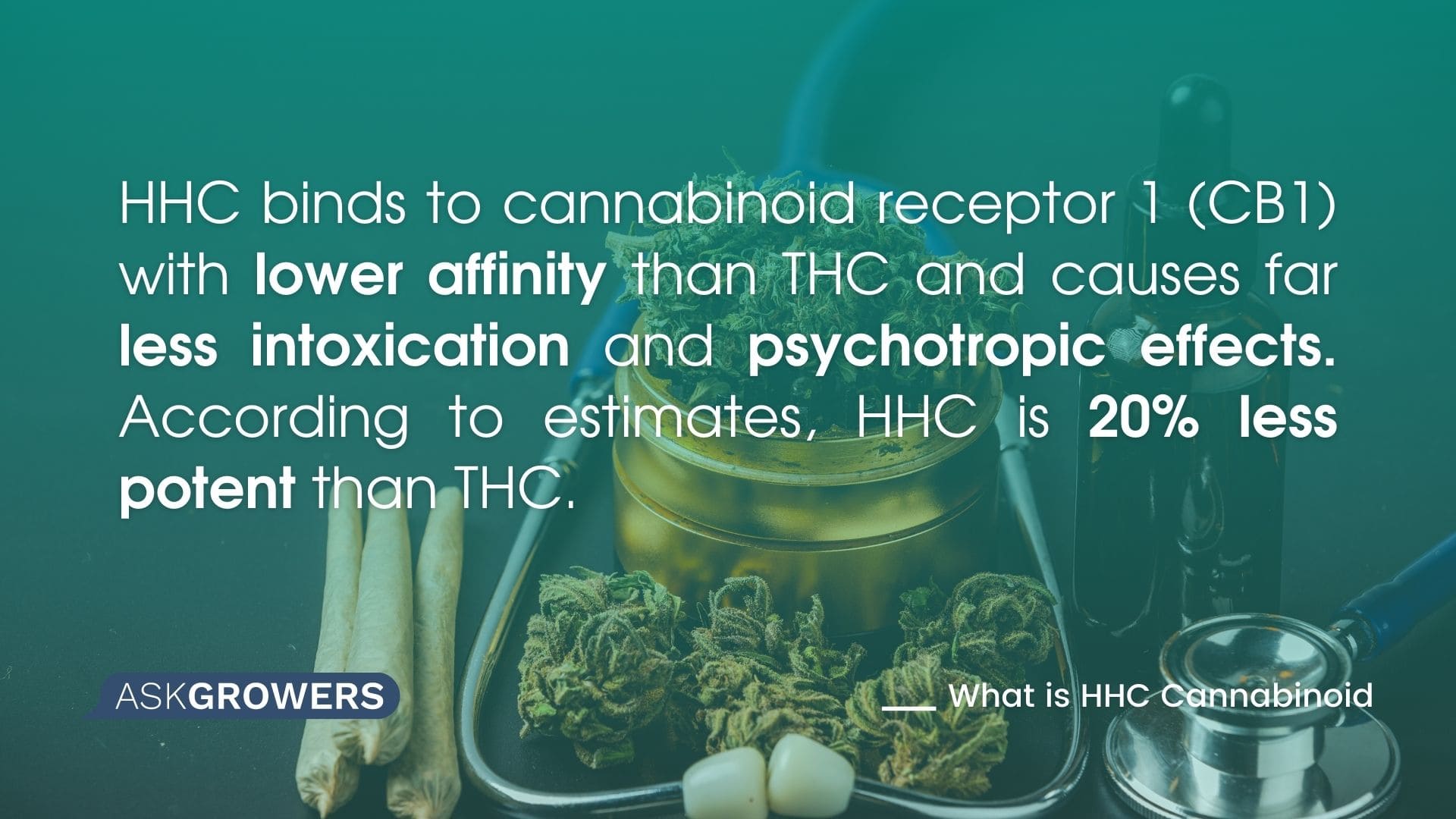 Consumers characterize hexahydrocannabinol high as a euphoric one. Overall, the sensation is quite soothing. It's an excellent way to start or finish your day based on your preferences. Depending on a few variables, the high lasts between two and three hours. These variables include dosage, HHC metabolism in the body, and frequency of HHC usage in combination with other medications.
Consumers characterize hexahydrocannabinol high as a euphoric one. Overall, the sensation is quite soothing. It's an excellent way to start or finish your day based on your preferences. Depending on a few variables, the high lasts between two and three hours. These variables include dosage, HHC metabolism in the body, and frequency of HHC usage in combination with other medications.
Read Also: THCP Properties, Benefits, Potency, and Effects
History of HHC
Roger Adams, an American scientist, invented HHC in 1944 by adding hydrogen molecules to Delta-9 THC. THC is converted to hexahydrocannabinol by a process known as hydrogenation.
Hydrogenation is used for more than only cannabis synthesis. For example, you can employ a similar method to transform vegetable oil into margarine.
HHC vs. THC
THC and HHC have almost similar chemical structures. The main distinction is that HHC includes two extra hydrogenated carbons, whereas THC lacks an ester atom and a carbon bond. Because HHC lacks double bonds in its molecular structure, it differs chemically from THC. All of the double bonds in THC are broken up and replaced with hydrogen atoms during the "conversion" process.
This procedure, known as hydrogenation, results in the production of HHC, a byproduct of THC with more double bonds, which is the opposite of CBN (cannabinol). Due to these structural modifications, HHC is a significantly more stable molecule than THC, with greater tolerance to heat and UV. HHC goods have a prolonged shelf life as a result.
HHC vs. Delta 8
Similar to Delta-8, HHC may make consumers feel more at ease. But out of all the cannabinoids that have been developed, HHC is the only one that, in particular as a Sativa, has many of the same characteristics as Delta 9.
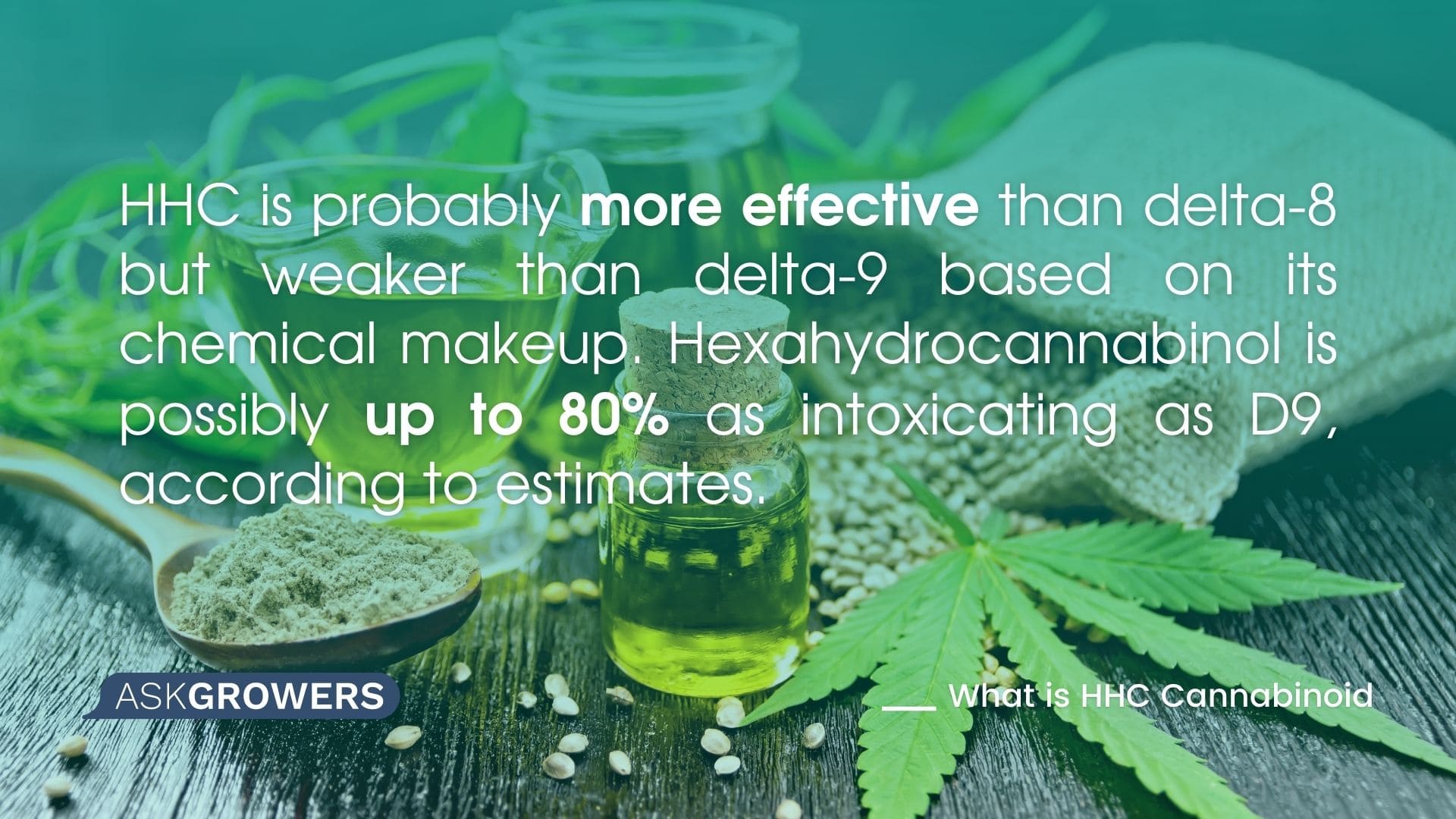 HHC is probably more effective than delta-8 but weaker than delta-9 based on its chemical makeup. Hexahydrocannabinol is possibly up to 80% as intoxicating as D9, according to estimates. Generally speaking, any THC compound with four or more side chains has intoxicating effects. For instance, THC with a delta of 8, 9, or 10 and HHC has five carbons. THCP, the most potent version of THC, has seven carbons, incidentally.
HHC is probably more effective than delta-8 but weaker than delta-9 based on its chemical makeup. Hexahydrocannabinol is possibly up to 80% as intoxicating as D9, according to estimates. Generally speaking, any THC compound with four or more side chains has intoxicating effects. For instance, THC with a delta of 8, 9, or 10 and HHC has five carbons. THCP, the most potent version of THC, has seven carbons, incidentally.
Read Also: What is 11-Hydroxy THC?
How the Body Reacts to HHC Weed
HHC, like THC, offers many individuals a pleasant sensation when they consume it. But determining what that emotion is may be more difficult. At least for the time being.
An HHC marijuana high is similar to a Delta-9 THC Indica strain but less powerful. It is considered to have some potential medical advantages comparable to Delta-9 THC. Some of HHC effects are:
- Control persistent pain;
- Reduce inflammation;
- Reduce nausea and vomiting;
- Make sleeping simpler and more peaceful;
- Reduce stress and anxiety.
However, because the effects of HHC are comparable to those of THC, we expect the adverse effects will be as well. Possible HHC side effects include:
- Anxiety;
- Paranoia;
- Insomnia and sleep disruptions;
- Lowers blood pressure and increases heart rate;
- Appetite stimulation;
- Red eyes;
- Mouth dryness;
- Nausea.
Although some people consume HHC products for medicinal reasons, there is no evidence to support these claims. Furthermore, many people use hexahydrocannabinol substances for their intoxicating effects.
Is HHC safe? What Scientists Say
HHC's safety is uncertain, and there is no study on HHC's safety profile. There are no reports of side effects, overdose, or mortality associated with using HHC or its products. There is currently no evidence to suggest that HHC is any less safe than THC.
When looking at safe alternatives to Delta-9 THC, one of the most crucial things to consider is the safety of any new cannabinoid. Due to HHC's recent development, nothing is now known regarding its safe dosage, potential adverse effects, or other potential problems.
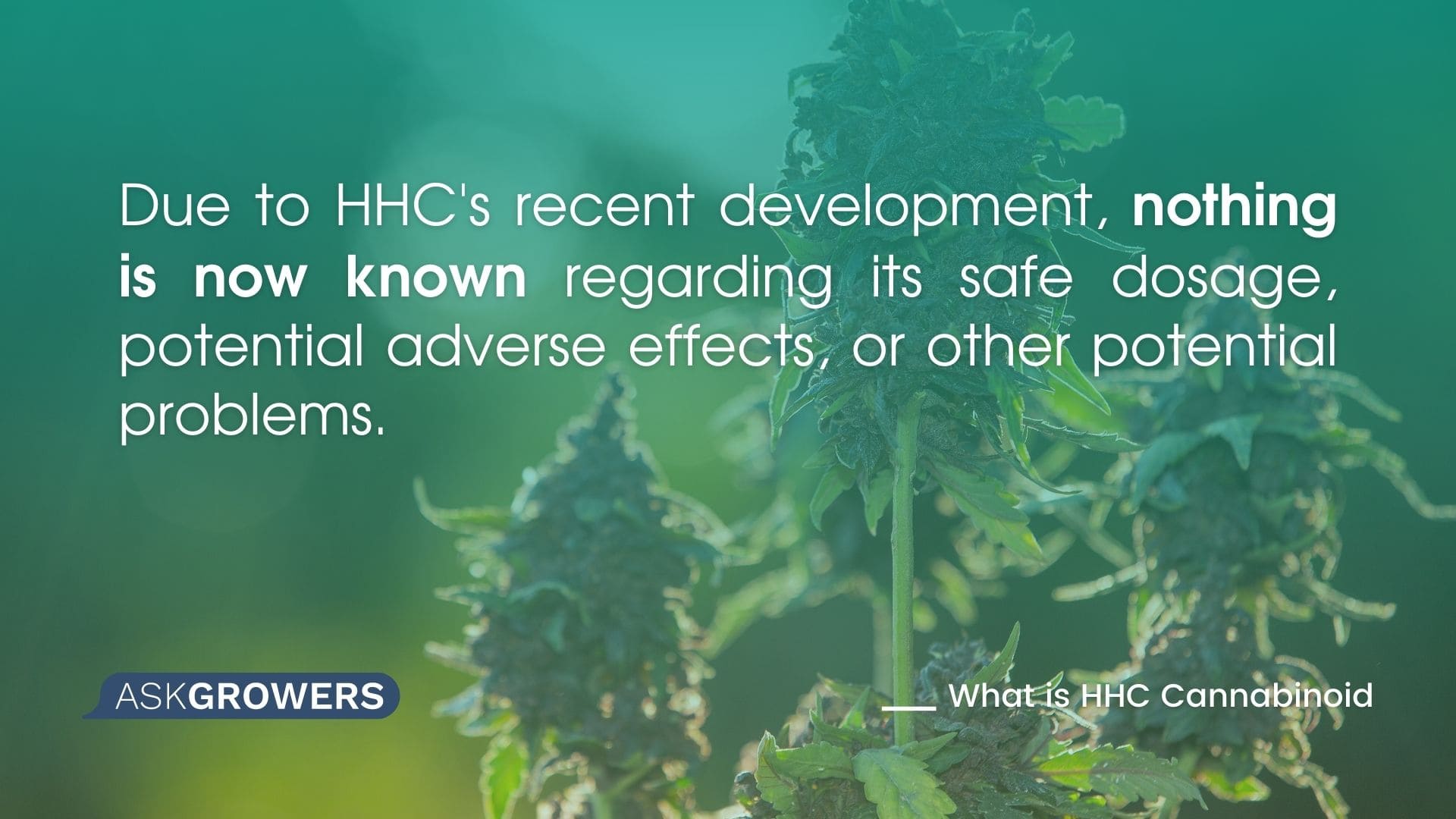 There are no criteria for purity or strength because HHC is not regulated for adult usage. The best action is to buy HHC products that employ independent testing to confirm the ingredients in your vape or consumable. Manufacturers of HC claim that because it is derived from the hemp plant, it is completely harmless. But once more, the paucity of research raises questions. Although there have been no reports of any adverse effects, this does not always imply safety. There is little information on long-term issues, much alone short- to medium-term harmful outcomes, for HHC products because they are new on the market.
There are no criteria for purity or strength because HHC is not regulated for adult usage. The best action is to buy HHC products that employ independent testing to confirm the ingredients in your vape or consumable. Manufacturers of HC claim that because it is derived from the hemp plant, it is completely harmless. But once more, the paucity of research raises questions. Although there have been no reports of any adverse effects, this does not always imply safety. There is little information on long-term issues, much alone short- to medium-term harmful outcomes, for HHC products because they are new on the market.
How to Сonsume HHC Cannabinoid Сorrectly
Experts have strongly advised against using vapes to inhale weed and cannabinoid compounds. This is due, in part, to evidence of lung harm in people who use these chemicals using vape technology, but it is also owing to scientists conducting more in-depth studies.
The best method for determining how much HHC is appropriate for you is to start low and progressively raise the dose until your body exhibits the correct response. How long does HHC stay in your system depends on how often you consume it, but not longer than 2-3 weeks.
Conclusion
It is fair to believe that the global market for HHC and similar substances will continue to rise, mainly while government prohibition is in place. The creation of analytical standards, legislation, additional data from toxicological research and clinical trials, and extensive consumer education will all be critical to the growth of the hydrogenated cannabis business.

 Guides
Guides

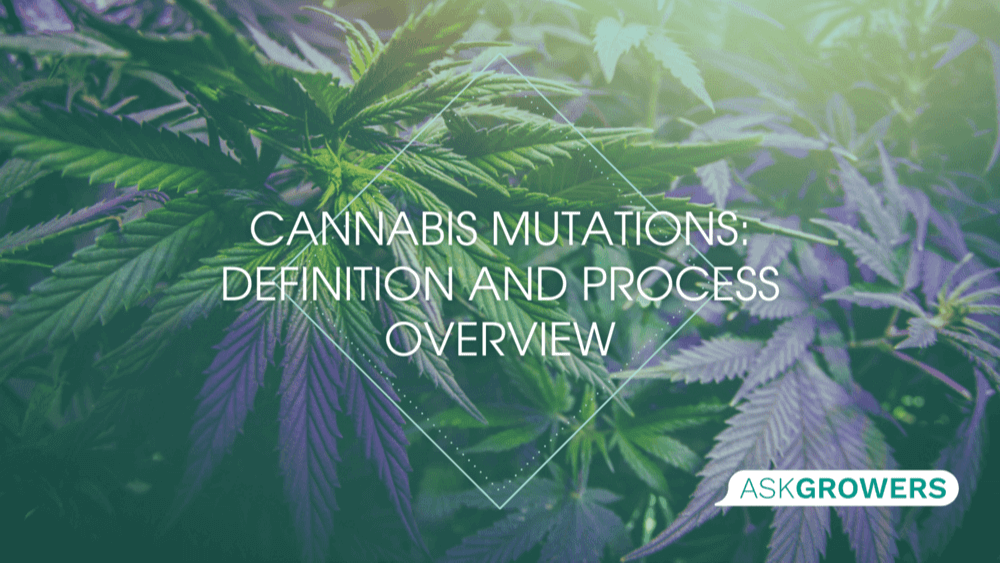
.png)
.png)

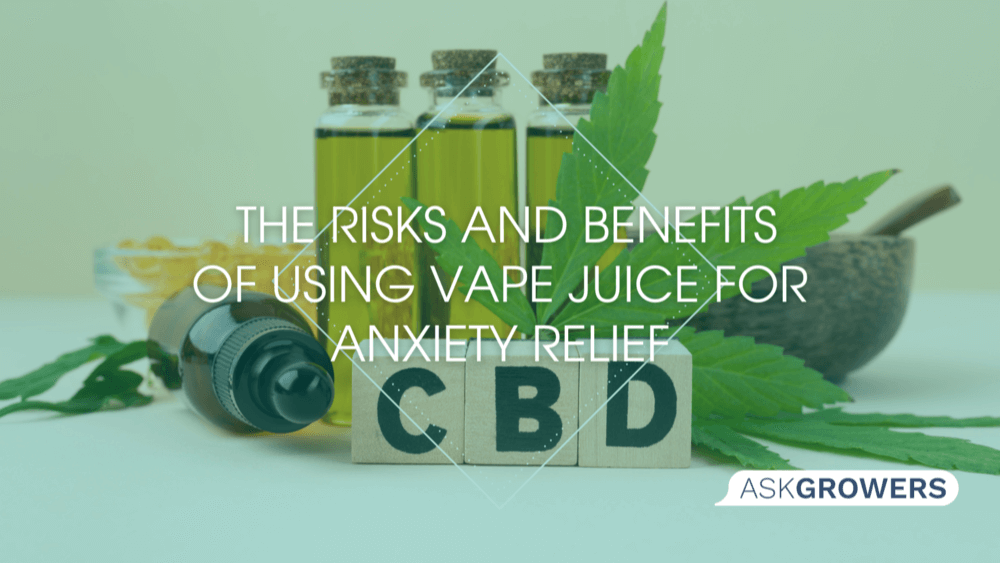

 (1).png)
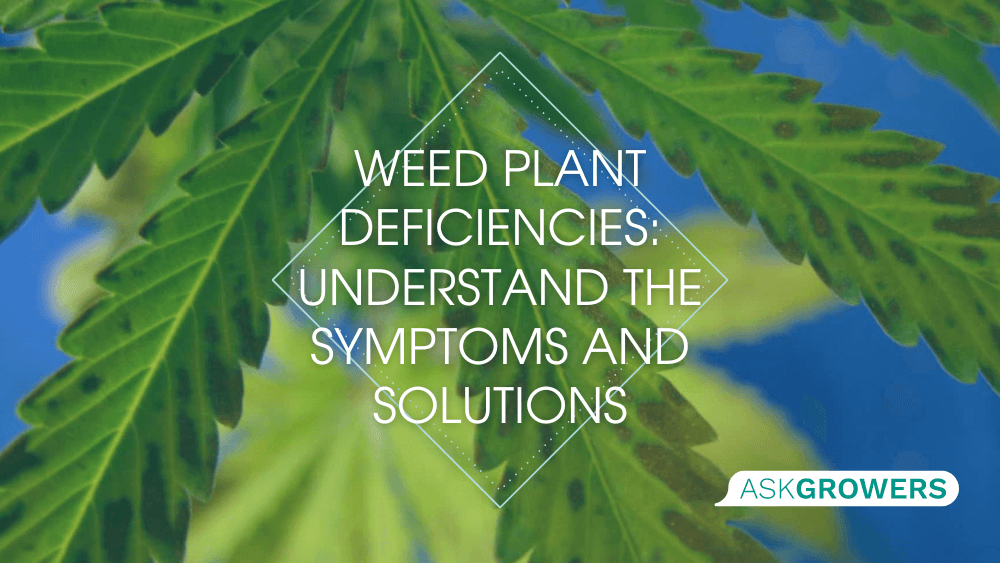
.jpg)

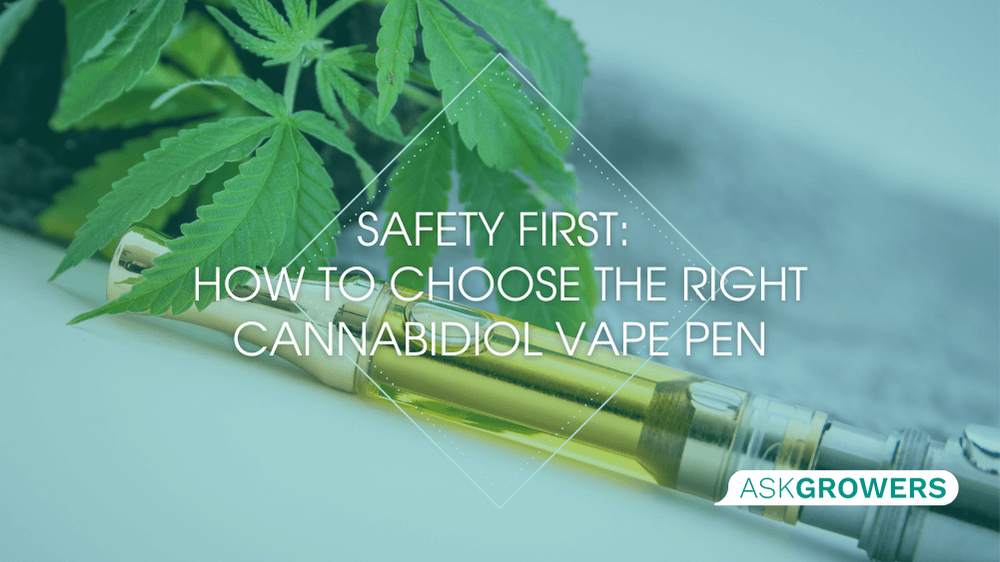
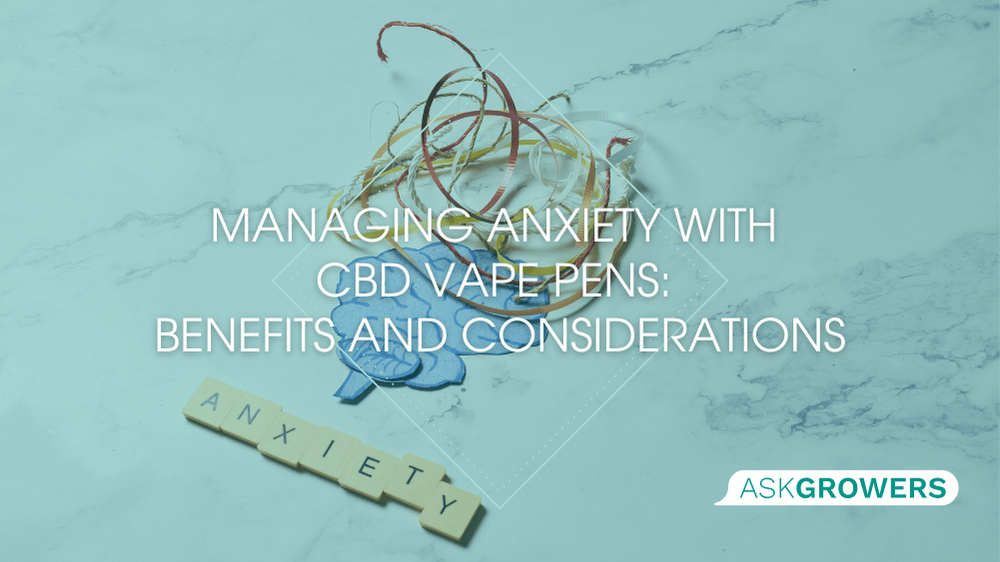
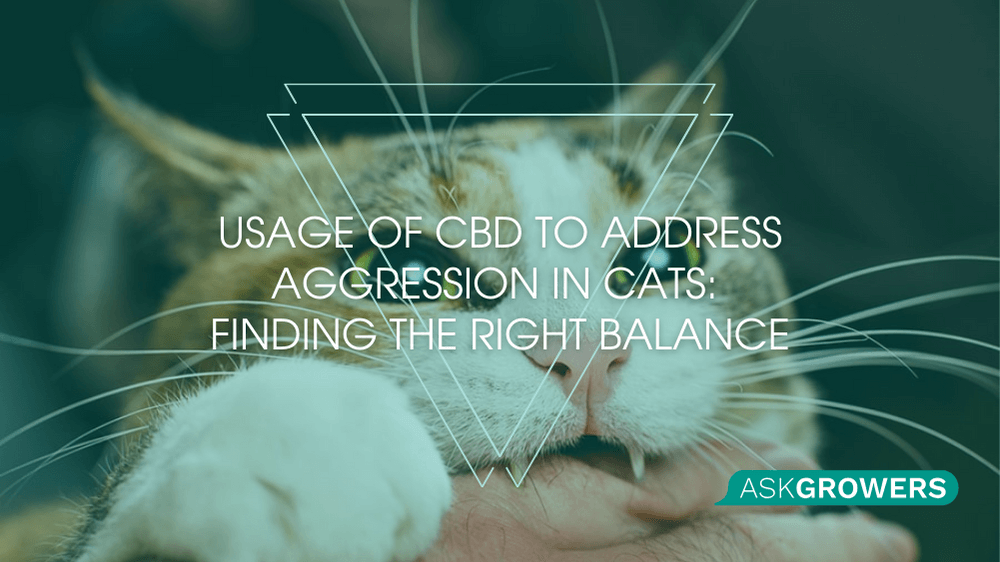
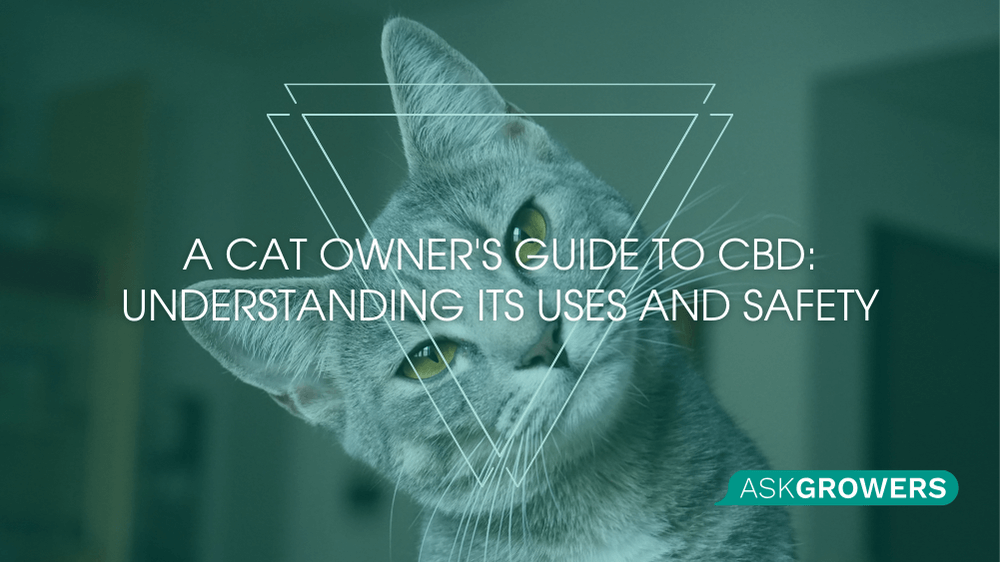
Be the first and share your opinion
Write a Review